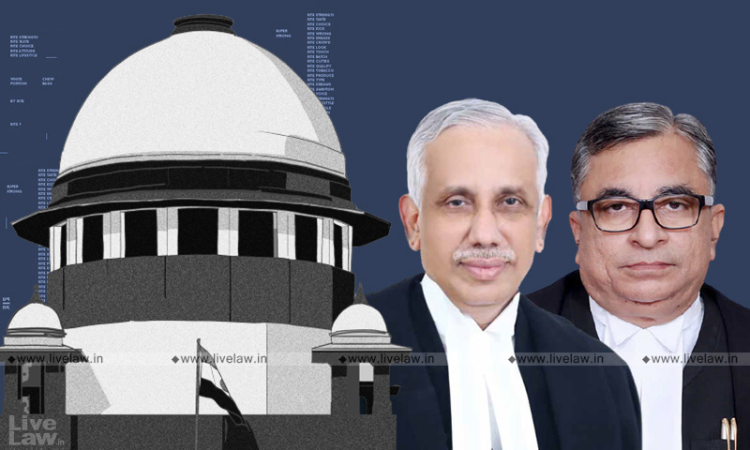The Supreme Court observed that mere breach of contract cannot give rise to criminal prosecution for cheating.For criminal prosecution, the key ingredient of having a dishonest or fraudulent intent under sections 405, 419 and 420 has to be made out, the bench of Justices S. Abdul Nazeer and Krishna Murari observed.The bench said that a criminal color cannot be given to a civil dispute merely...

